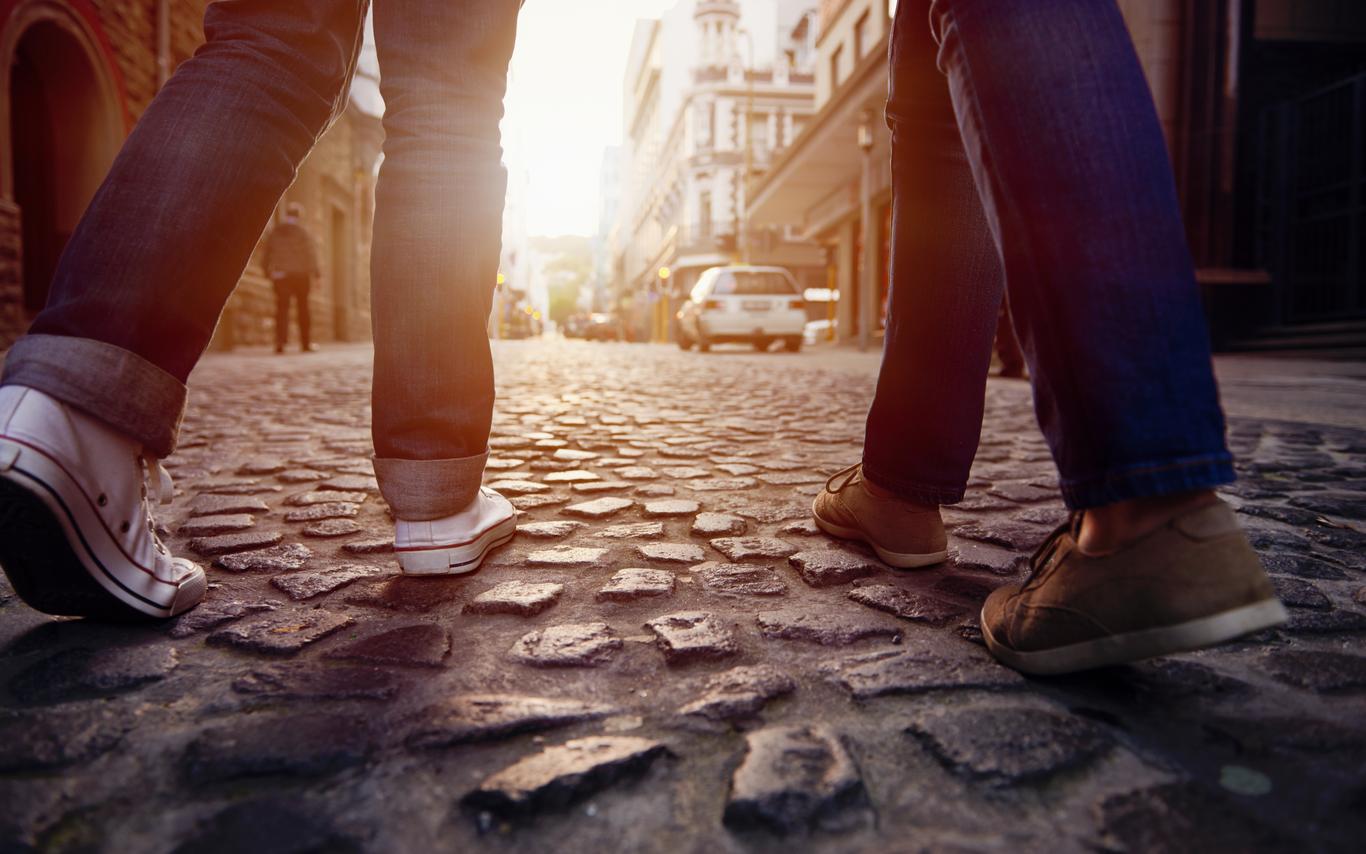
It is sensible to carry a small, straightforward medical kit. What you need to take will be determined by your destination and personal health history.
Over-the-counter medications: Depending on where you travel, familiar medications and health-related products may not be available, or they could be marketed using different names or formulations. Some medications might not meet the standards for safety, quality and consistency found at home.
Prescriptions medications: Obtain and carry a letter from your physician on letterhead stationery, appropriately signed and dated, stating the medication requirements for your condition; if you don't do this, your medication may be confiscated at certain borders. Keep all drugs in their original containers.
Bring along an adequate supply of all the over-the-counter and prescription medications you will need. Leave them in their original containers and keep a record of their generic names.
First Aid Kit:
Some items to consider taking include:
- Acetaminophen (eg Tylenol), Ibuprophen (eg Advil, Motrin) or Asprin - for pain or fever.
- Antihistamine (eg Benadryl) - as a decongestant for colds and allergies, to ease the itch from insect bites or stings and to help prevent motion sickness.
- Antibiotics - useful if you're traveling well off the beaten track, but they must be prescribed and you should carry the prescription with you.
- Loperamide (eg Imodium) or Lomotil for diarrhea.
- Gravol for nausea and vomiting.
- Antiseptic such as povidone-iodine (eg Betadine) for cuts and grazes.
- Multivitamins - especially for long trips when dietary vitamin intake may be inadequate.
- Calamine lotion or 'AfterBite' to ease irritation from bites and stings.
- Bandages and band-aids - for minor injuries.
- Scissors, tweezers, safety pins.
- Insect repellent, sunscreen, chap stick.
- Cold and throat lozenges.
- Contraceptives, condoms.
- In an environment with high levels of bacterial contamination, frequent hand washing can help lower the risk of infection. Bring disposable antibacterial wipes or "waterless" antibacterial gel if soap and clean water will not be available.
- If you wear eyeglasses or contact lenses, bring extras, along with any cleaning or wetting solutions you might need. Keep a written copy of your lens prescription with your other health information.
- Water purification tablets.
- A couple of syringes and needles, in case you need injections in a country with medical hygiene problems. Ask your doctor for a note explaining why they have been prescribed.
Medical Alerts:
Those with a medical condition should wear medical alert tags and carry a list of important foreign words related to their condition.

